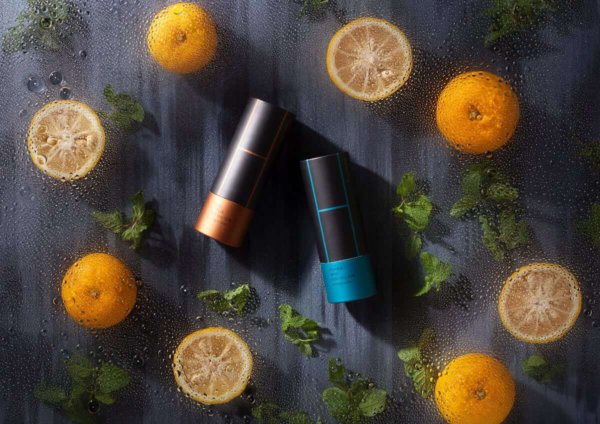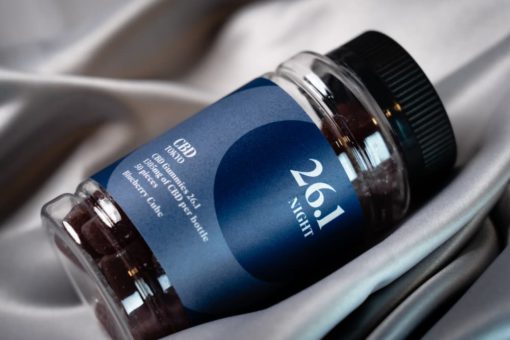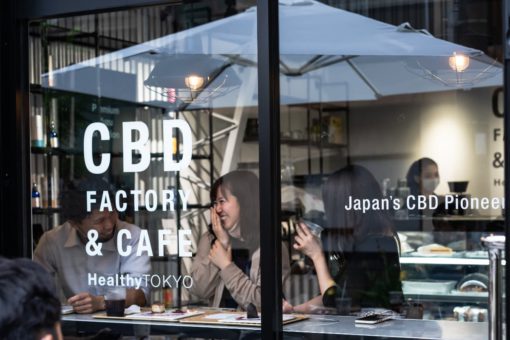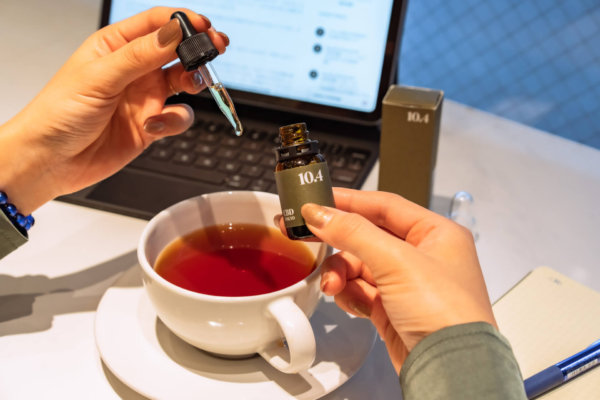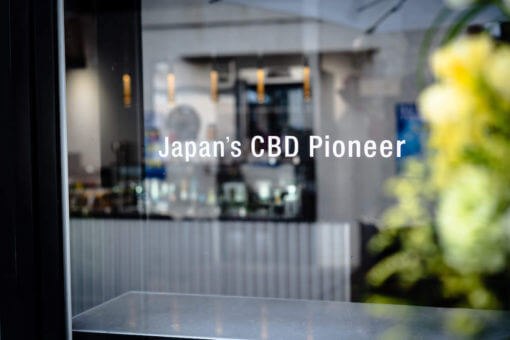CBD Articles, CBD in Japan
Can I Buy CBD Oil in Japan?
Table of contents
Can I Buy CBD Oil in Japan?
Yes, CBD oil can be bought in Japan. Cannabidiol oil, or CBD oil derived from cannabis, is a popular natural remedy for many ailments. Possible CBD oil benefits include pain relief and relaxation without any mind-altering effects. Companies make CBD oil by extracting it from the cannabis plant and diluting it with a carrier oil like coconut oil or hemp seed oil. CBD consumption has skyrocketed in recent years, and it is quickly becoming popular for its potential health benefits. CBD has swept the globe, and Japan is no exception. While this undoubtedly indicates that it is an excellent time to explore the Japanese CBD market, there are several risks to be aware of.
Is It Legal to Bring CBD To Japan?
In short, it is legal as long as it contains absolutely no THC. However, most CBD products sold outside of Japan include more THC (0.3%) than is permitted by Japanese legislation (0.0%). In 2022, Japan’s Ministry of Health, Labor, and Welfare (MHLW) created a Cannabis Control Review Subcommittee to investigate cannabis-related legislation revisions. Cannabis possession was initially criminalized in Japan in 1948. And it is still banned as of today. Cannabis prohibition laws are vigorously enforced. CBD products containing even minimal levels of tetrahydrocannabinol (THC) are unlawful. Firms and people that import or bring in such products risk criminal prosecution if any trace of THC is found.
When Did CBD Become Legal in Japan?
CBD, which is legal in Japan, has been available for purchase since 2013. CBD-infused items such as oils, cosmetics, beverages, vapes, and edible candies are widely accessible at niche stores as well as big merchants. CBD products are generally legal in Japan. But you must be careful about how you buy them and how the CBD is extracted from the plant to be used in the product. CBD oils marketed in Japan must be THC-free, as even trace levels of THC are unlawful and punishable. CBD oil is permitted in Japan only if it does not include THC and is labeled as food or cosmetics rather than a pharmaceutical.
Can You Buy Edibles in Japan?
CBD edibles are legal under Japanese cannabis legislation and are available for purchase. It is vital to highlight, however, that the company manufacturing this must ensure that the THC content of the chemical is 0.0% and that the cannabidiol is derived from industrial hemp stems, stalks, or seeds.
Can I Smoke CBD in Japan?
Vaping 100% THC-free CBD is legal in Japan while smoking CBD buds and flowers is illegal. Any CBD extracted from the cannabis plant’s flowers, roots or leaves is prohibited.
CBD is a non-intoxicating component of cannabis that has gained popularity across the world and is quickly catching on in Japan. It is available in the form of vapes, beverages, and sweets in specialty cafes, health stores, and even a shop in Tokyo’s main airport.
Conclusion
Yes, you can buy CBD oil in Japan and it is perfectly legal to buy CBD oil as long as it has 0.0% THC. In Japan, CBD oil is permitted if it’s devoid of THC and is classified as a food item or cosmetic, rather than a medicinal product. We do advise you to be very careful about where you buy your CBD oil from.
At HealthyTOKYO you can buy our fully compliant, double tested highest quality CBD oil and enjoy the benefits for yourself. Have a look at the online shop of HealthyTOKYO to buy CBD oil.
References:
- https://practiceguides.chambers.com/practice-guides/medical-cannabis-cannabinoid-regulation-2023/japan/trends-and-developments
- https://www.euromonitor.com/cannabis-in-japan/report
- https://www.trade.gov/market-intelligence/japan-cbd-cosmetics-new-beauty-and-business-frontier
- Takashina, Shiori, et al. “LC-MS/MS assay for the measurement of cannabidiol profiling in CBD oil from Japanese market and application for convertible tetrahydrocannabinol in acetic acid condition.” Chemical and Pharmaceutical Bulletin 70.2 (2022): 169-174.
- Takashina, Shiori, et al. “Quality test of cannabidiol profiling in CBD oil products and evaluation of residual THC at high temperature based on liquid chromatography coupled with tandem mass spectrometry.” Biomedical Chromatography (2023): e5697.


